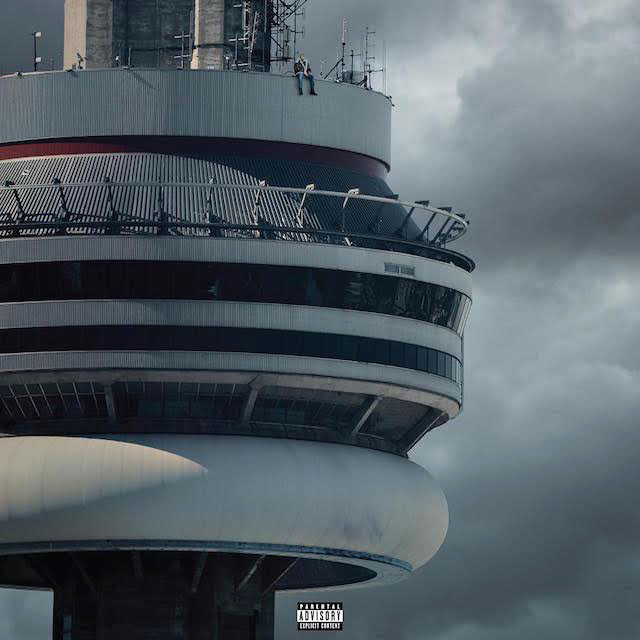
After two years of expectation and hype, Drake released his fourth studio album, “Views,” on April 29, available exclusively through Apple Music.
A week prior to releasing the album, Drake released the album’s cover, which evoked the same bravado that fans have come to expect from him, the self-proclaimed “6 God,” a reference to his hometown of Toronto. On the cover, he is perched atop the CN Tower, the tallest freestanding structure in the Western Hemisphere. The message is almost too obvious: Drake is reminding us of his meteoric rise in the hip-hop industry and his position at the top of it. With this artwork, the title and Drake’s past material, expectations of “Views” began to take shape prior to its release.
After such a long time away from studio albums, fans were expecting Drake to catch up and muse about how far he’s come and his current state of mind. “Views” didn’t necessarily have to be Drake’s best album, but a new direction was expected. The album doesn’t disappoint, but its legacy may end up being limited by its hesitance to be something more. Drake is at the peak of his popularity, and a statement-making album would have been especially powerful at this time.
Fans of Drake can expect much of the same crisp production and eclectic style featured on past projects — a cornucopia of hi-hats and thunderous bass claps peppered with Drake’s own version of neo-soul. If Drake is his own strata and genre, as the album cover indicates he believes, then he failed to push his own genre further. “Views” is possibly the most Drake-esque album yet, with musings about lost loves, friends, as well as visions of a type of success and opulence that most wouldn’t even dream of. Yes, this is an enjoyable album, but that can’t possibly be what Drake wants of himself. In past projects, Drake drove in his own lane, constantly shifting gears musically. Yet, here, he mysteriously played it safe.
Drake flashes to what the album could’ve been when he raps on “Still Here,” the album’s standout track, saying, “How did I finesse all this shit from Jane and Weston?” The song teeters toward a look into the rapper’s mind, but then he hides behind his Dapper Don aesthetic when he touts, “I gotta talk to God even though he isn’t near me/Based on what I got it’s hard to think he don’t hear me.” Drake is torn between his true self and the persona he created, and this is the exact material that could’ve made this album something more.
There are parts of this album that live up to expectations, but when mixed in with more of the same and a few filler and radio bound tracks, the listener is left confused. At points, the album drags on, almost as if Drake made a double album just to show he could. What is clear, however, is that Drake is indifferent to criticism, and will continue living life and making music by his own rules. We can only hope this takes him in a new musical direction, and one that is more exciting than “Views.”


